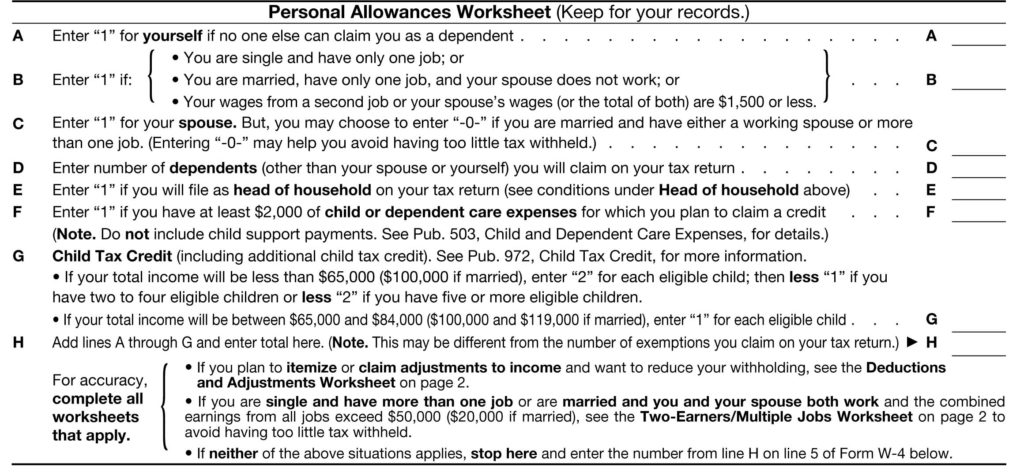The IRS recently launched a new resource center on IRS.gov aimed at providing tips for individuals that are taking part in the sharing economy. The past few years, the sharing economy has changed the way people travel, commute, and vacation. With new streams of revenue from assets that individuals already possess, come new requirements to ensure individuals file accurate tax returns.
The IRS, working in conjunction with the National Taxpayer Advocate, is taking steps to provide additional information to taxpayers, including the creation of the new Sharing Economy Resource Center on IRS.gov.
To help people meet their tax reporting responsibilities, the new Sharing Economy Resource Center offers tips and resources on a variety of topics ranging from filing requirements and making quarterly estimated tax payments to self-employment taxes and special rules for reporting vacation home rentals.
Here are a few key points people involved in the sharing economy should keep in mind:
- Taxes. Income received is generally taxable, even if the recipient does not receive a Form 1099, W-2 or some other income statement. This is true if the sharing economy activity is only part-time or a sideline business and even if the recipient is paid in cash. On the other hand, depending upon the circumstances, some or all business expenses may be deductible.
- Deductions. There are some simplified options available for deducting many business expenses for those who qualify. For example, a person who uses his or her car for business often qualifies to claim the standard mileage rate, currently 54 cents a mile for 2016.
- Rentals. Special rules generally apply to the rental of a home, apartment or other dwelling unit that is used by the taxpayer as a residence during the taxable year. Usually, rental income must be reported in full, any expenses need to be divided between personal and business purposes and special deduction limits apply. But if the dwelling unit is rented out fewer than 15 days during the year, none of the rental income is reportable and none of the rental expenses are deductible.
- Estimated Payments. The U.S. tax system is pay-as-you-go, based on the wherewithal to pay. This means that people involved in the sharing economy often need to make estimated tax payments during the year to cover their tax obligation. These payments are due on April 15, June 15, Sept. 15 and Jan. 15. Use Form 1040-ES to figure these payments.
- Payment Options. The fastest and easiest way to make estimated tax payments is to do so electronically using IRS Direct Pay or the Treasury Department’s Electronic Federal Tax Payment System (EFTPS).
- Withholding. Alternatively, people involved in the sharing economy who are employees at another job can often avoid needing to make estimated tax payments by having more tax withheld from their paychecks. File Form W-4 with the employer to request additional withholding. The Withholding Calculator on IRS.gov can also be a helpful resource.
If you have any questions about how the sharing economy may impact your taxes, feel free to contact our office.

